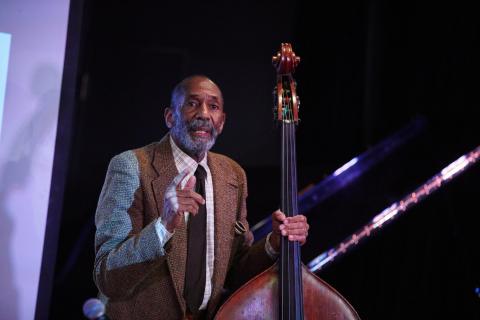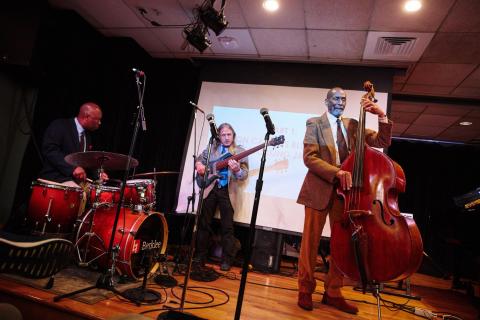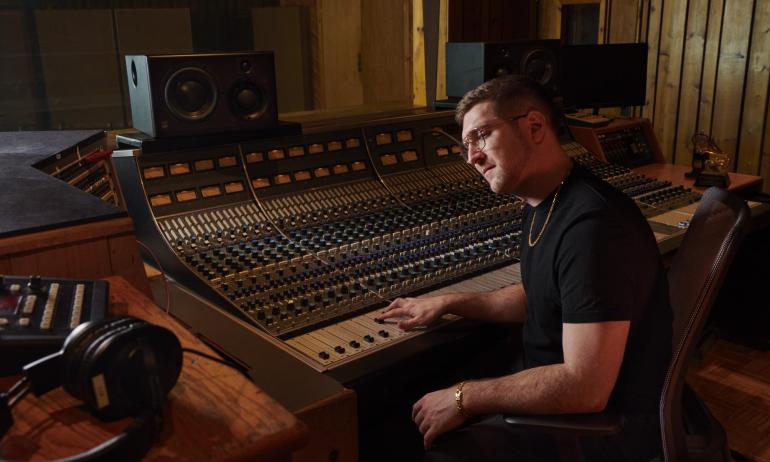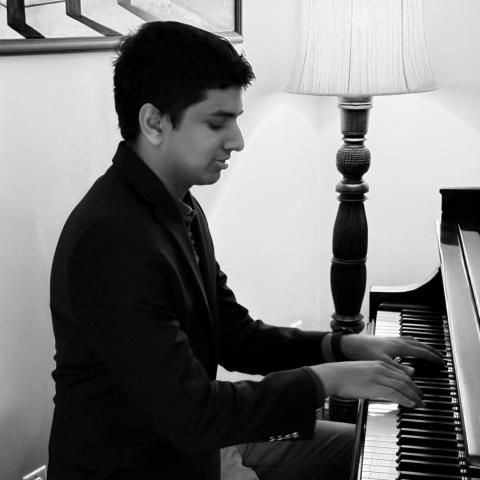Don't Ask Ron Carter to Play a Root Note

Bassist Ron Carter addresses a packed Berk Recital Hall during a recent campus visit.
Image by Dave Green

Ron Carter (right) performs with Berklee faculty Steve Bailey (middle, bass) and Ron Savage (left, drums).
Image by Dave Green
With 2,235 recordings to his name as a bassist (he set the world record in 2016 with 2,221), it’s no surprise that Ron Carter drops so many legendary names into his conversations that you need a shovel to scoop them up. During a recent guest lecture on campus, moderated by Steve Bailey, chair of the Bass Department, Carter would reference “Miles, Herbie, Wayne, and Tony” as if he was describing friends he met at a bar, and not his bandmates in Miles Davis’s Second Great Quintet. The group, which Carter was a part of from 1963 to1968, helped teach the bassist one of the most important lessons of his career: trust. “We understood that this music would have a life if we were responsible for it, if we trusted each [other’s choices],” he said.
“Our job was to recognize the chemicals [Davis] laid out for us, and manipulate them so there’d be a different kind of explosion every night.”
—Ron Carter
Carter went deep into his own process and technique, which vacillated between the technical (“What’s it going to take to make this D-flat on the downbeat of [an F7 chord in a blues] work?”) to the quasi-mystical: “We were four scientists with a head chemist,” he said of the Second Great Quintet. “Our job was to recognize the chemicals [Davis] laid out for us, and manipulate them so there’d be a different kind of explosion every night.”
Much of the talk centered on Carter’s ability to play seemingly “wrong” notes at the top of a tune—that aforementioned D-flat-over-F7 choice, instead of playing the traditional root note of F—but with a laser-precise view of what notes he’ll then need to play throughout the song to bring the band into harmonic alignment. “I don’t play root [notes] anymore,” he said early on, drawing laughs from the audience, before going on to make a broader point about the important role the bassist plays in creating a shared “language” for a song, saying, “Why would I put an exclamation point before the first word? The last root I played was…1978. It was the right one, too.”




